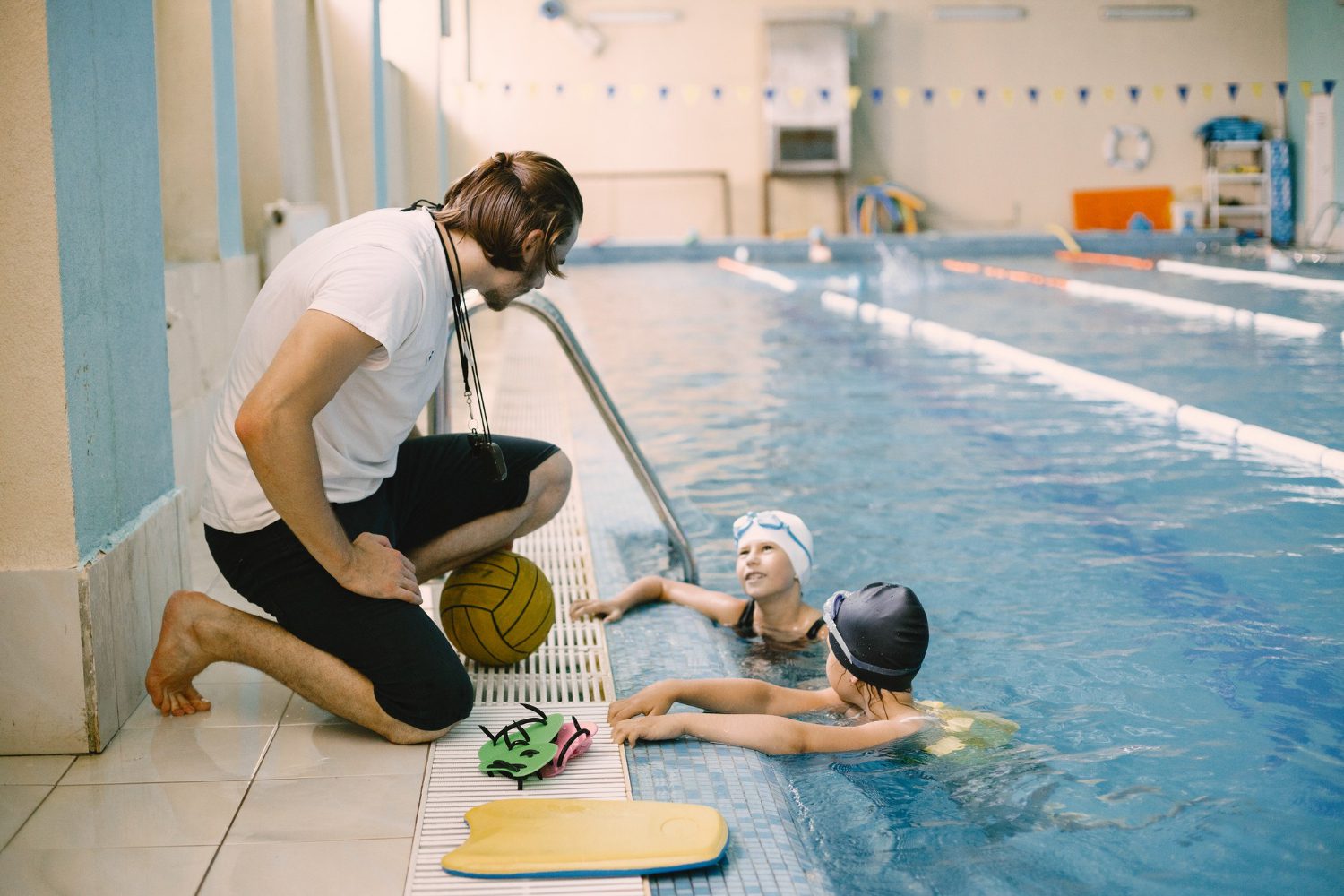
Introduction:
Embarking on the journey of learning to swim involves more than just mastering strokes; it’s a mental and emotional exploration. In this blog post, we’ll delve into the psychological aspects of swimming, focusing on strategies to enhance confidence and tranquility in the water. With a special emphasis on swim lessons, mental health, and water safety, let’s dive into a holistic approach to swimming.
1. Addressing Aquatic Anxiety with Swim Lessons:
Overcoming fears associated with swimming begins with professional swim lessons. These lessons not only impart essential skills but also provide a structured environment with qualified instructors who understand the nuances of building confidence in the water.
2. Setting Smart Goals in Your Swim Lessons:
Incorporate realistic objectives into your swim lessons, aligning them with your individual journey. Whether it’s conquering a specific stroke, building endurance, or alleviating water-related anxiety, setting SMART goals ensures a positive mental approach to each lesson.
3. Harnessing the Power of Positive Mental Health in the Pool:
Swimming is a fantastic exercise for mental health. Engage in positive visualization techniques before and during your swim lessons to reinforce a healthy mental state. Visualize yourself progressing, feeling confident, and enjoying the calming effects of swimming.
4. Breathing Techniques for Mental Clarity:
Controlled breathing not only contributes to physical relaxation but also promotes mental clarity. Incorporate mindful breathing exercises into your swim lessons to enhance relaxation, manage stress, and foster a positive mental space in the water.
5. Embracing Patience and Persistence in Water Safety:
Water safety is an integral component of swim lessons. Understanding safety protocols, buoyancy, and rescue techniques instills a sense of security. Embrace patience and persistence in mastering these skills to enhance your overall confidence and safety in aquatic environments.
6. Tackling Negative Thoughts with Mental Health Strategies:
Address negative thoughts during swim lessons by incorporating mental health strategies. Challenge self-doubt with positive affirmations, and cultivate a resilient mindset that extends beyond the pool. These strategies contribute to a healthier mental approach to swimming.
7. Reflecting on Breaks for Mental Wellness:
Take breaks during swim lessons to reflect and recharge. These moments of reflection allow you to acknowledge progress, evaluate challenges, and maintain mental wellness throughout the learning process.
8. Learning from Setbacks in Water Safety Education:
Incorporate water safety education into your swim lessons to effectively manage setbacks. Learning from experiences, adjusting strategies, and continually building safety knowledge contribute to a resilient and confident approach to swimming.
9. Building a Supportive Community for Mental Strength:
Enlist the support of friends, family, or fellow swimmers in your swim lessons. Building a supportive community provides encouragement, motivation, and a sense of belonging, enhancing your mental strength and overall well-being.
10. Celebrating Progress in Swim Lessons for Mental and Physical Growth:
Celebrate each milestone achieved in your swim lessons, whether it’s overcoming a fear, refining a technique, or completing a specific distance. These celebrations foster positive reinforcement, contributing to both mental and physical growth.
Conclusion:
As you navigate the mental waters of swimming, remember that the synergy of swim lessons, mental health strategies, and water safety education creates a comprehensive and enriching experience. Embrace this holistic approach, believe in your capabilities, and let the journey towards confident and calm swimming propel you to new depths of mental and physical well-being.
